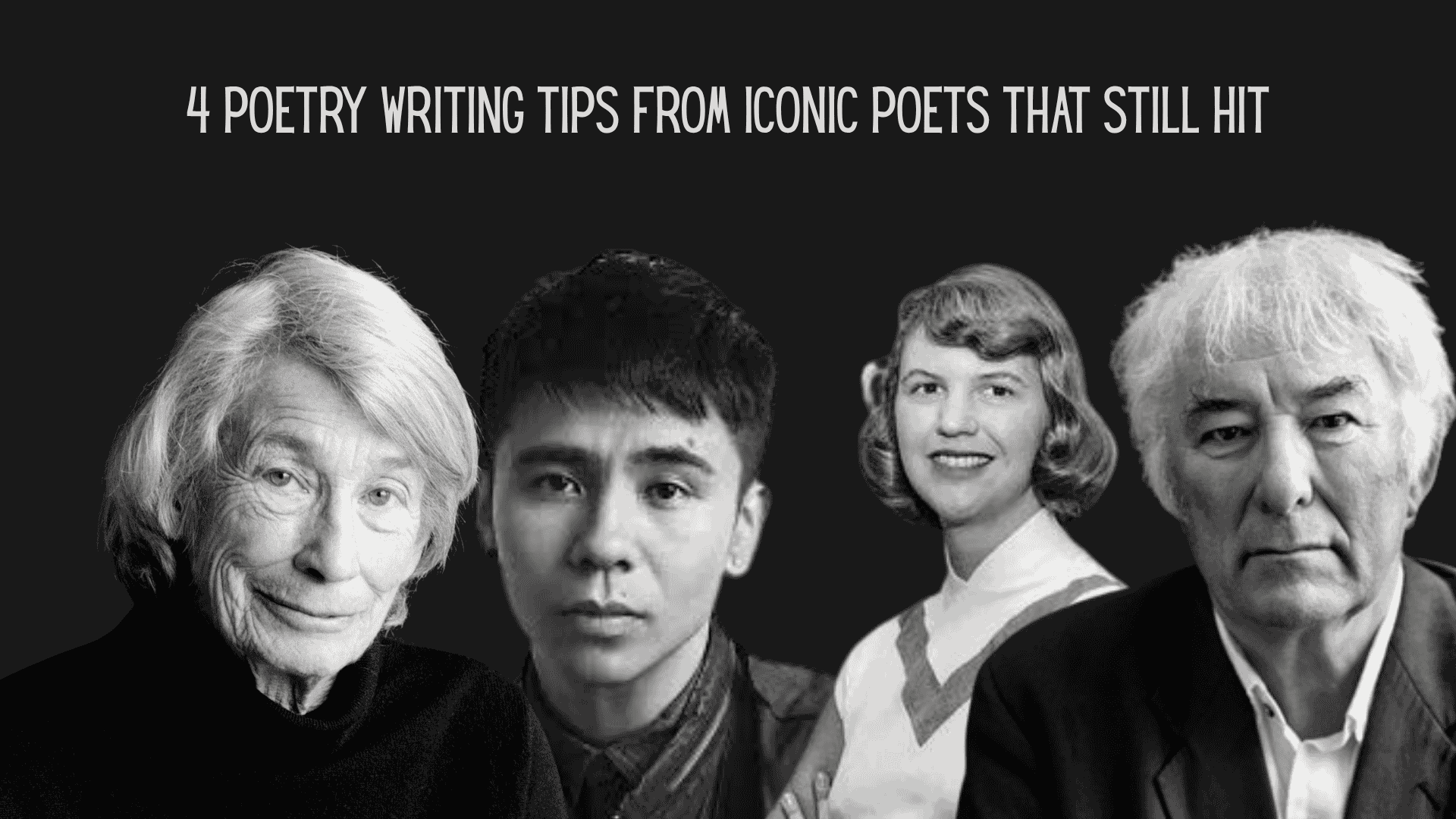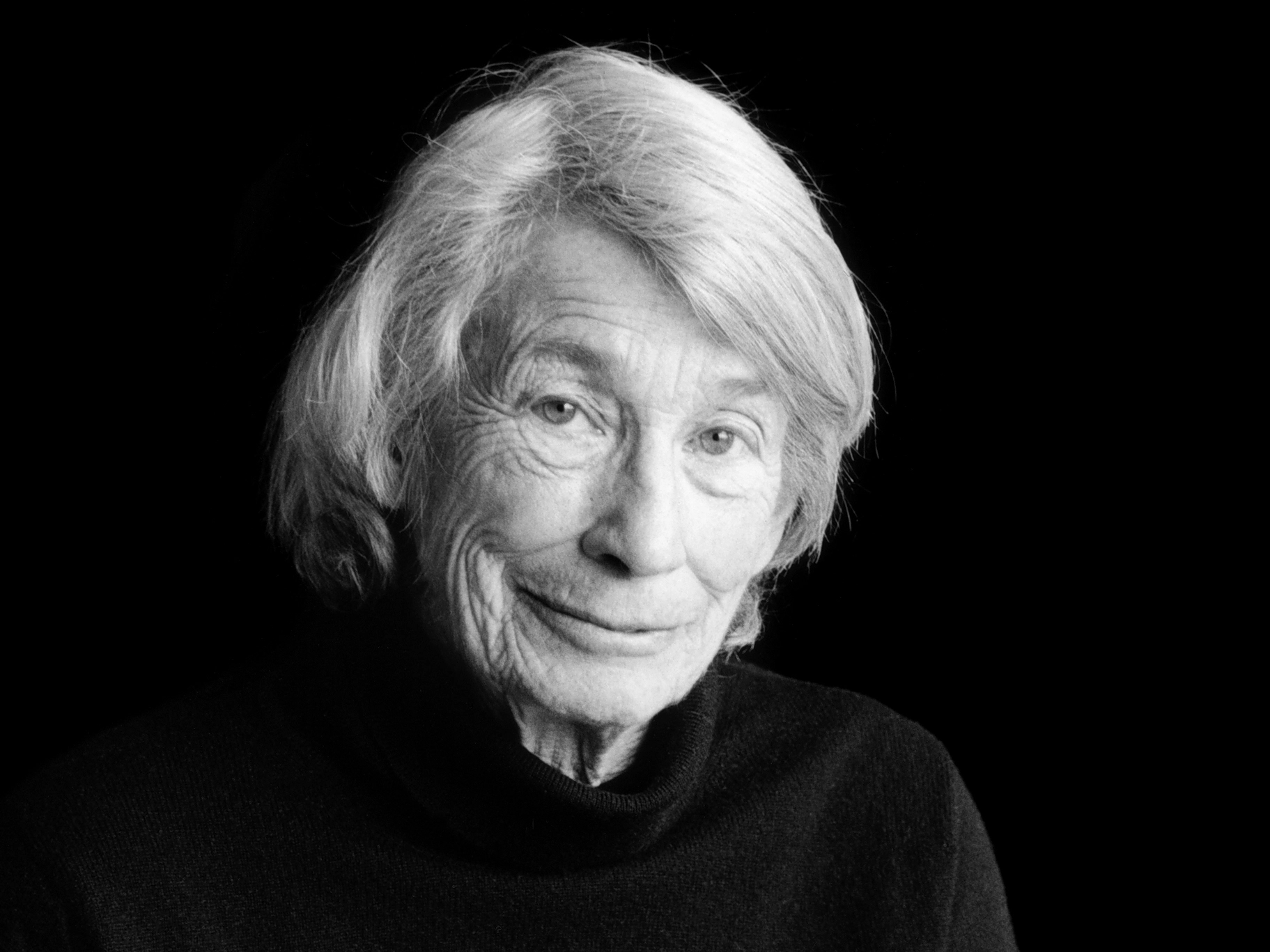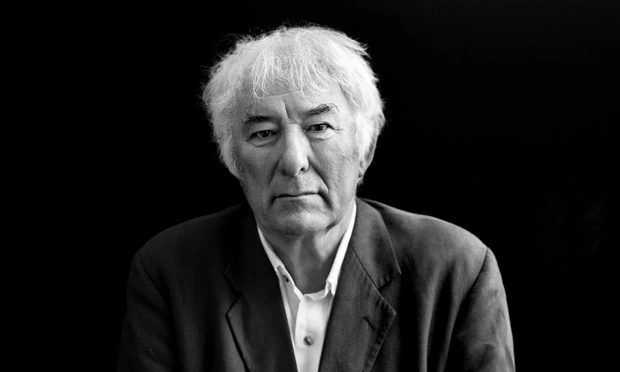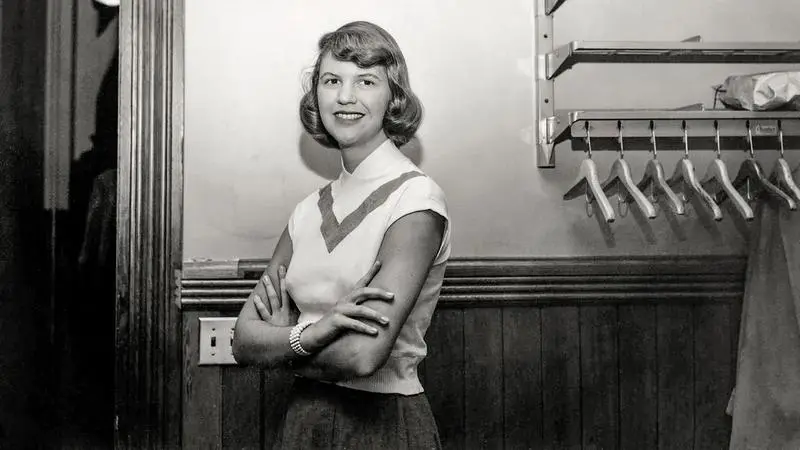
4 Poetry Writing Tips from Iconic Poets That Still Hit
Published on: July 16, 2025
When it comes to poetry, there’s a lot of advice floating around. But sometimes, the best way to grow is to hear it straight from the source, those whose words have moved generations. These aren’t generic tips; they’re real ones, drawn from the work and wisdom of poets who lived (or live) the craft fully.

1. Mary Oliver — "Pay attention. Be astonished. Tell about it."
In A Poetry Handbook, Mary Oliver reminds us that poetry starts with observation. She believed in letting the world stop you in your tracks. That a leaf, a sound, or even a silence could be the doorway into a poem.
Tip: Let wonder lead. Take your notebook outside. Notice what no one else is paying attention to. That’s often where the best lines begin.
Reference: Oliver, M. (1994). A Poetry Handbook. Harcourt.

2. Seamus Heaney — Find the music in your words
Heaney believed that sound matters as much as meaning. If the poem doesn’t feel right in your mouth or hit right in the chest when read aloud, it needs work. He once said the form of a poem acts like a container for emotion.
Tip: Read your lines out loud as you write. Trust your ear. Edit by sound, not just grammar.
Reference: Heaney, S. (2002). Finders Keepers. Faber & Faber.

3. Sylvia Plath — Let the emotion come through
Plath didn’t hide behind her poems. She let them carry her rage, tenderness, ache, and clarity. In The Collected Poems, you can feel how writing was a raw necessity for her. She wrote from the bone.
Tip: Don’t sanitize your emotions. Let them breathe in the lines. What feels risky to write is often what hits home the hardest.
Reference: Plath, S. (1981). The Collected Poems. Harper & Row.

4. Ocean Vuong — "Write to be felt, not just understood"
Vuong’s poems dance with imagery and emotion. He speaks often about writing that isn’t just about clarity - it’s about resonance. It’s okay if not every line is fully explained. Let the reader feel it.
Tip: Choose language that moves. Leave space for mystery. Sometimes the sound of the image is the message.
Reference: Vuong, O. (2019). Interviews via NPR, Paris Review, Poetry Foundation.
Poetry isn’t about following strict rules. It’s about listening. Listening to the world, your body, your memory, and your truth. These poets remind us that the most powerful verse often comes from somewhere quiet and deeply personal.